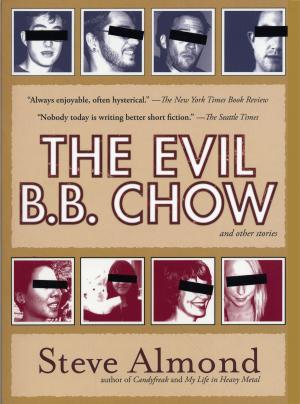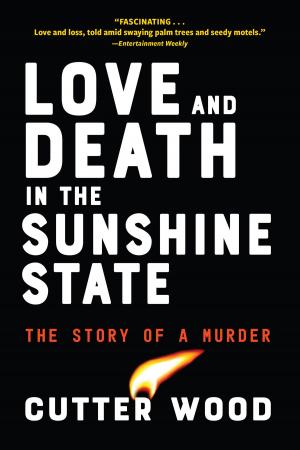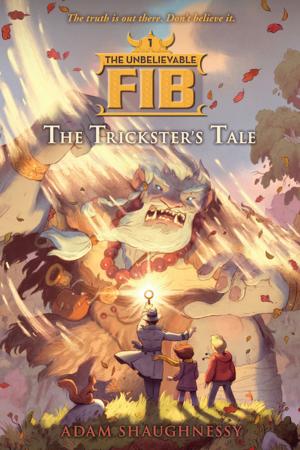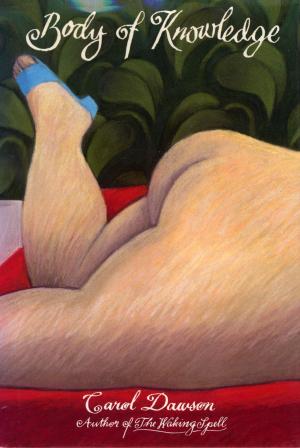| Author: | Ellen Douglas | ISBN: | 9781565128996 |
| Publisher: | Algonquin Books | Publication: | January 9, 1998 |
| Imprint: | Algonquin Books | Language: | English |
| Author: | Ellen Douglas |
| ISBN: | 9781565128996 |
| Publisher: | Algonquin Books |
| Publication: | January 9, 1998 |
| Imprint: | Algonquin Books |
| Language: | English |
In four haunting family stories, Ellen Douglas seeks to track down the truth--about herself, about her white Mississippi forebears, about their relationships to black Mississippians, and ultimately about their guilt as murderers of helpless slaves. Progressively searching further and further back in time, each of these four family tales involves collusion and secrets. In "Grant," a randy old uncle dying in the author's house is nursed by a beautiful black woman while his white family watches from a "respectful" distance. Who loves him better? When truth is death, who is braver facing it? In "Julia and Nellie," very close cousins make "a marriage in all but name" back in the days of easy scandal. The nature of the liaison never mentioned, the family waives its Presbyterian morality in the face of family deviance. In "Hampton," her grandmother's servant, who has constructed a world closed to whites, evades the author's tentative efforts at a meeting of minds. And finally, in "On Second Creek," Douglas confronts her obsession with the long-lost--or -buried--facts of the "examination and execution" of slaves who may or may not have plotted an uprising. Having published fiction for four decades, here she crosses over into the mirror world of historical fact. It's a book, she says, "about remembering and forgetting, seeing and ignoring, lying and truth-telling." It's about secrets, judgments, threats, danger, and willful amnesia. It's about the truth in fiction and the fiction in "truth." Praise for Ellen Douglas: "It's possible to think that some people were simply born to write. Ellen Douglas is just such a writer."--Richard Ford; "Proust wrote in one of his last letters, 'one must never be afraid of going too far, for the truth is beyond.' Ellen Douglas has taken this very much to heart and has sought the truth in a region beyond falsehood; through falsehood, in effect. It's a fascinating performance."--Shelby Foote.
In four haunting family stories, Ellen Douglas seeks to track down the truth--about herself, about her white Mississippi forebears, about their relationships to black Mississippians, and ultimately about their guilt as murderers of helpless slaves. Progressively searching further and further back in time, each of these four family tales involves collusion and secrets. In "Grant," a randy old uncle dying in the author's house is nursed by a beautiful black woman while his white family watches from a "respectful" distance. Who loves him better? When truth is death, who is braver facing it? In "Julia and Nellie," very close cousins make "a marriage in all but name" back in the days of easy scandal. The nature of the liaison never mentioned, the family waives its Presbyterian morality in the face of family deviance. In "Hampton," her grandmother's servant, who has constructed a world closed to whites, evades the author's tentative efforts at a meeting of minds. And finally, in "On Second Creek," Douglas confronts her obsession with the long-lost--or -buried--facts of the "examination and execution" of slaves who may or may not have plotted an uprising. Having published fiction for four decades, here she crosses over into the mirror world of historical fact. It's a book, she says, "about remembering and forgetting, seeing and ignoring, lying and truth-telling." It's about secrets, judgments, threats, danger, and willful amnesia. It's about the truth in fiction and the fiction in "truth." Praise for Ellen Douglas: "It's possible to think that some people were simply born to write. Ellen Douglas is just such a writer."--Richard Ford; "Proust wrote in one of his last letters, 'one must never be afraid of going too far, for the truth is beyond.' Ellen Douglas has taken this very much to heart and has sought the truth in a region beyond falsehood; through falsehood, in effect. It's a fascinating performance."--Shelby Foote.















